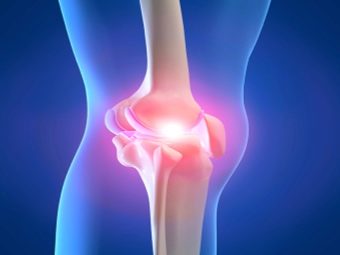Calorie sausage cheese

Sausage cheese is a popular and loved by many people product. But in order to use it with health benefits, you need to know exactly how many calories per 100 grams of this product. It is also worth paying attention to its chemical composition.
Features of receipt
Smoked sausage cheese has an expressive taste and is well suited for the daily table as well as for festive meals. Both soft and hard “real” cheeses can be used as feedstock. Often they are connected to:
- oils;
- fats;
- cottage cheese;
- spices.
Still can be used cream and many other ingredients. After mixing the original products, they are melted and packaged in the familiar long loafs.
Only packaged product is cooled. But that's not all: when the amber cheese cools, it is smoked. For this purpose, use exclusively sawdust from wood in which there is no resin.
Composition and nutritional value
The calorie content of sausage cheese after smoking is equal to 271 kcal per 100 g. Modern technologies allow preserving all the valuable characteristics of processed cheeses. This product contains significant quantities:
- phosphorus;
- vitamin A;
- calcium;
- vitamins B2, B5, B12;
- folic acid;
- vitamin D.
The nutritional value of 100 g of sausage cheese is 16.3% of the daily requirement. Therefore, it should be removed from the diet of all who want to lose weight. But when gaining weight, a limited dose of this product can be consumed without fear.
Benefit and harm
By energy value, this product is noticeably inferior to such popular brands of hard cheeses, like “Russian” or “Maasdam”. Despite this fact, as well as the presence of a number of useful substances, one-time consumption of sausage product should be limited to 100-150 g. It is established that sausage cheese:
- optimizes heart activity;
- helps to avoid “night blindness”;
- helps to improve the appearance of hair and nails;
- makes teeth and bones stronger.
The potential risk is primarily associated with the purchase of low-quality fakes. If phosphates are added to the product, it can cause exacerbation of renal disorders. Citric acid causes many stomach ailments.
But even the undoubtedly high-quality sausage cheese with unlimited consumption becomes dangerous. Absolute contraindications even for small doses of it are excessive fullness and hypertension, as well as acute gastrointestinal diseases.
As for the BJU formula, 100 g of sausage cheese contains:
- 21 g of protein;
- 3.7 g of carbohydrates;
- 19 g fat.
This is respectively 46.2 and 35% of the norm for 24 hours. You should avoid buying a product with flavor enhancers. Another nuance: such a product is contraindicated for anyone who has intolerance to fermented milk products. With care it is required to eat:
- with high cholesterol;
- with a tendency to salt accumulation;
- with arthritis, arthrosis;
- with frequent allergies;
- against high blood pressure.
In high-quality sausage cheese, the surface should be smoked, which is not the case when imitating smoking with liquid smoke. It is categorically unacceptable to use a product with a sour or other atypical smell.
You can learn more about sausage cheese in the next video.


























